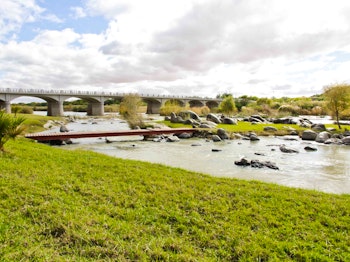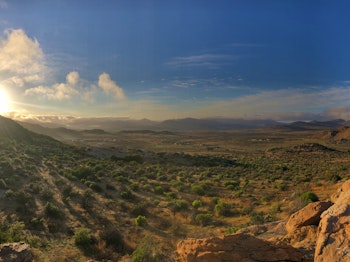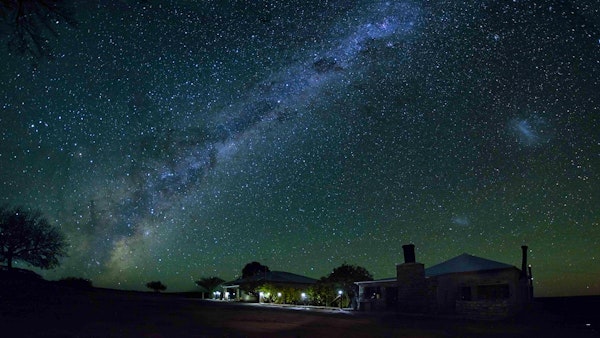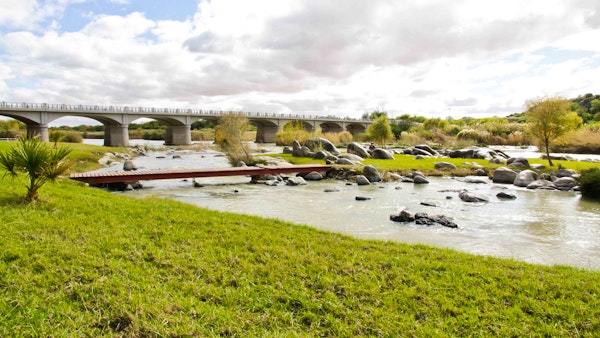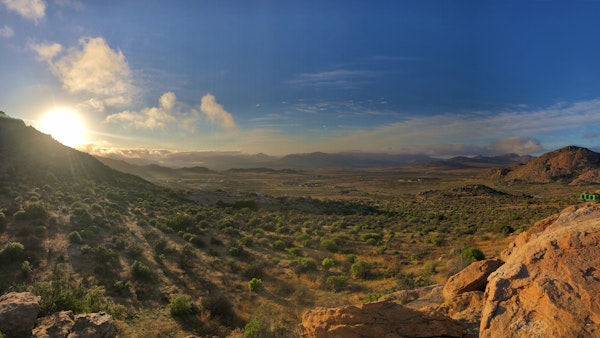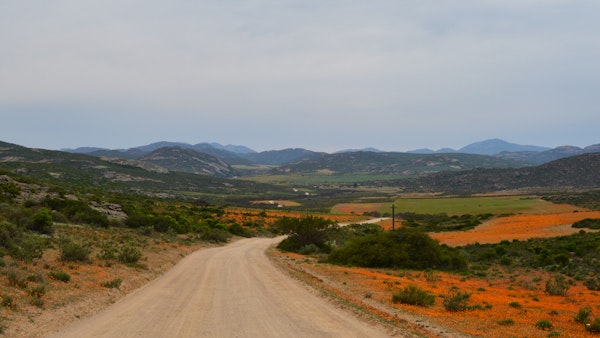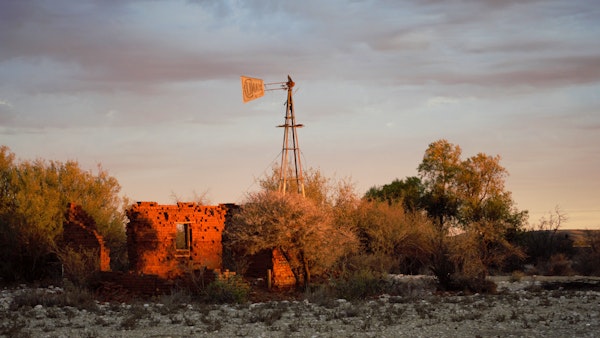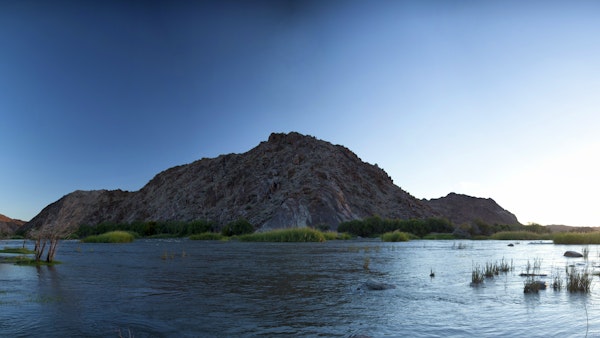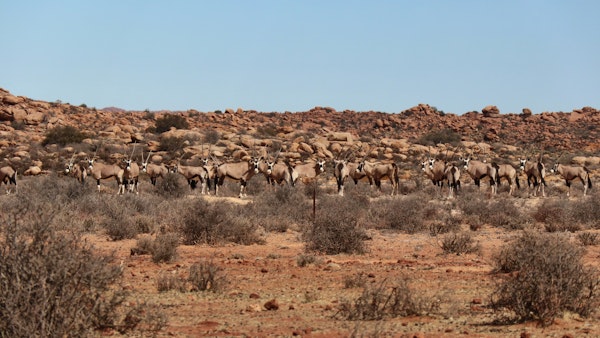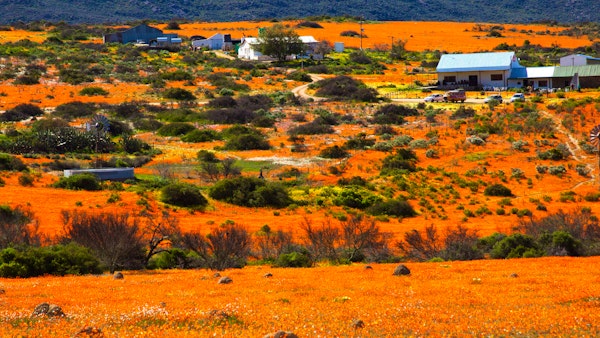Northern Cape
Description
The Northern Cape is South Africa's largest province, and is particularly sparsely populated. It covers 30% of South Africa, about the size Montana or Germany, but it is home to less than 2.5% of South Africa's population. While many languages are spoken here, including Setswana, isiXhosa and English, the Northern Cape has the largest percentage of Afrikaans native speakers in South Africa (about 68%). Kimberley, the Northern Cape's capital city, was once the diamond mining hub of the world.
Despite the sparse population of the region, some of South Africa's greatest wonders can be found nearby. The Kgalagadi Transfrontier Park (formerly Kalahari Gemsbok National Park) and the Augrabies Falls National Park are a nature lovers delight, while Kimberley's Big Hole and Alexander Bay are steeped in the history of South Africa's famous diamond mining heydays. The province's biggest attraction, however, has to be the Namaqualand region on the South Atlantic Ocean. This West Coast region is an area of granite hills that is transformed every spring, when the ground becomes a carpet of spectacular Namaqualand daisies.
Geographically, the province is dominated by the Karoo Basin, with the towns of De Aar and Colesberg forming part of the Great Karoo, while the north is primarily Kalahari Desert, characterised by parallel red sand dunes and acacia tree dry savannah. While it is the diamond laden Kimberlite intrusions that punctuate this landscape that provide monetary sustenance to the region, it is the Orange River along the borders with the Free State and Namibia that provides this arid province with life-giving irrigation. Upington, with its many flourishing vineyards, is a powerful tribute to man's ability to harness opportunity to its fullest even in the most unlikely of circumstances.
The climate of the province is semi-arid, with few areas in the province receiving more than 400mm of rainfall per annum, although rainfall increases from west to east. The west experiences most rainfall in winter, while the east receives most of its moisture from late summer thunderstorms. Most of the province experiences extreme heat, with the hottest temperatures in South Africa measured along the Namibian border. Winters are usually frosty and clear, with southern areas sometimes becoming bitterly cold.
